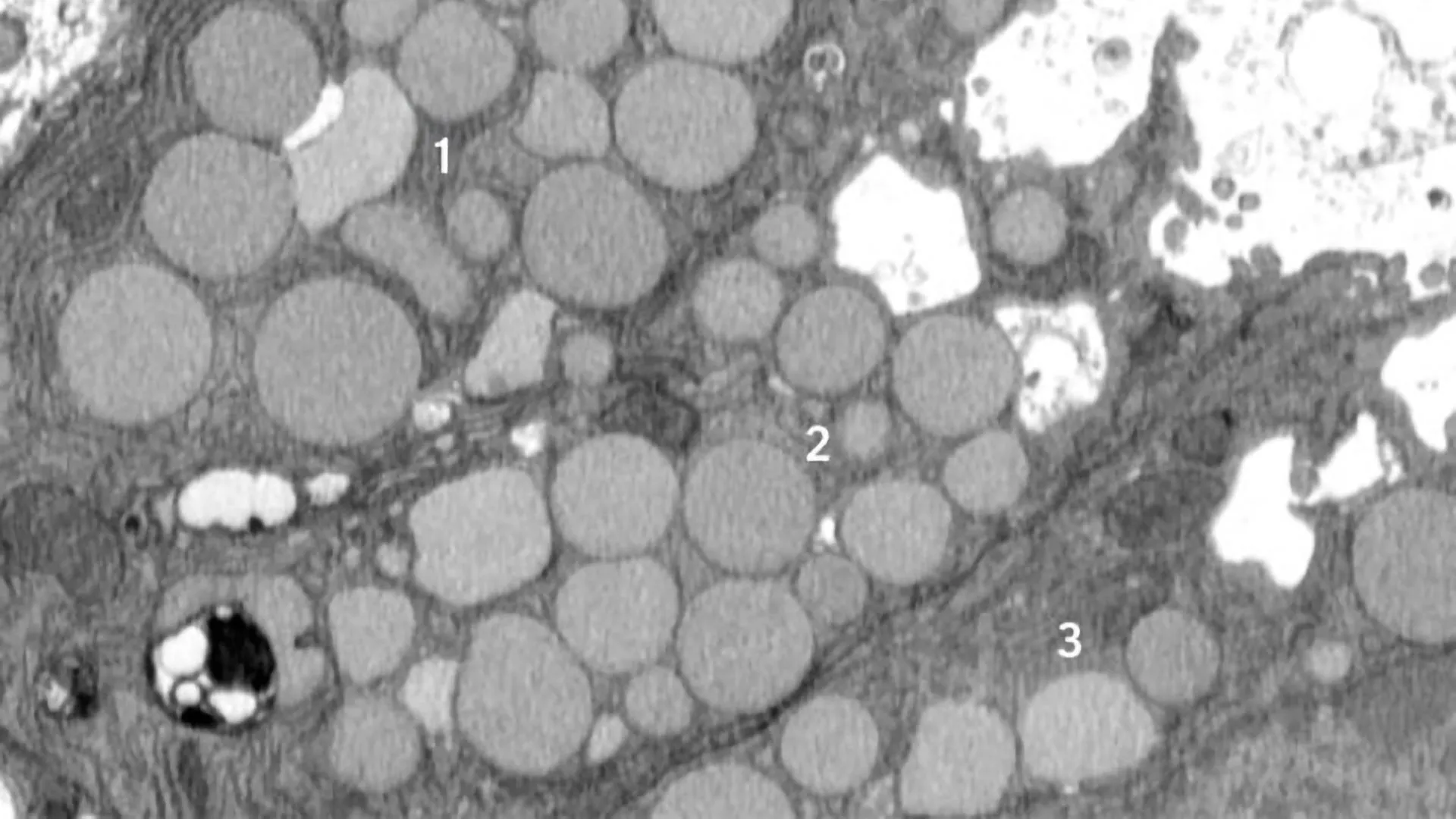Now Reading: New AI Model Pinpoints Genetic Mutations Behind Diseases
-
01
New AI Model Pinpoints Genetic Mutations Behind Diseases
New AI Model Pinpoints Genetic Mutations Behind Diseases

Rapid Summary:
- Researchers at Icahn School of Medicine at Mount Sinai have developed an AI-based method to analyze the likelihood (penetrance) of genetic mutations leading to diseases.
- The method integrates machine learning with routine lab data (e.g., cholesterol, blood counts, kidney function) and electronic health records for a nuanced understanding.
- It moves beyond customary genetic studies that classify disease risk in binary terms by offering risk scores on a scale between 0 and 1 for specific genetic variants.
- Preliminary results from over 1 million health records identified clear associations between some ambiguous variants and disease while questioning the impact of others once thought significant.
- The study developed “machine-learning penetrance” scores for over 1,600 variants covering 10 common diseases. Surprising insights emerged regarding real-world risk levels tied to certain genetic changes.
- Potential applications include using AI-driven scores as guides for earlier screenings or preventive measures when high-risk mutations are detected or avoiding needless intervention when risks appear low.
- The research aims to expand its scope by including more diverse populations,additional diseases,and tracking long-term outcomes.
Read More: Science Daily Article
Indian Opinion Analysis:
This advancement marks a significant step forward in personalized medicine globally. For India-a nation grappling with rising incidences of diabetes, cancer, and cardiovascular diseases-it underscores the importance of harnessing AI technology in healthcare. While this breakthrough originated abroad, its implications resonate deeply within India’s context where early diagnosis is often hindered due to limited access to advanced diagnostic tools.The integration of routinely accessible lab tests like cholesterol markers into predictive models suggests a move toward democratizing precision medicine. For India’s healthcare system-with its existing infrastructure challenges-this offers hope for scalable solutions that leverage current resources rather than depend on expensive specialized testing. Additionally, should such models adapt successfully across diverse populations as promised by researchers, it can address gaps created by india’s genomic diversity.
Overall progress here could pave avenues not only for treatment personalization but also preventative public health strategies based on population-specific risks-elements critical given India’s burdened healthcare capacities.
























